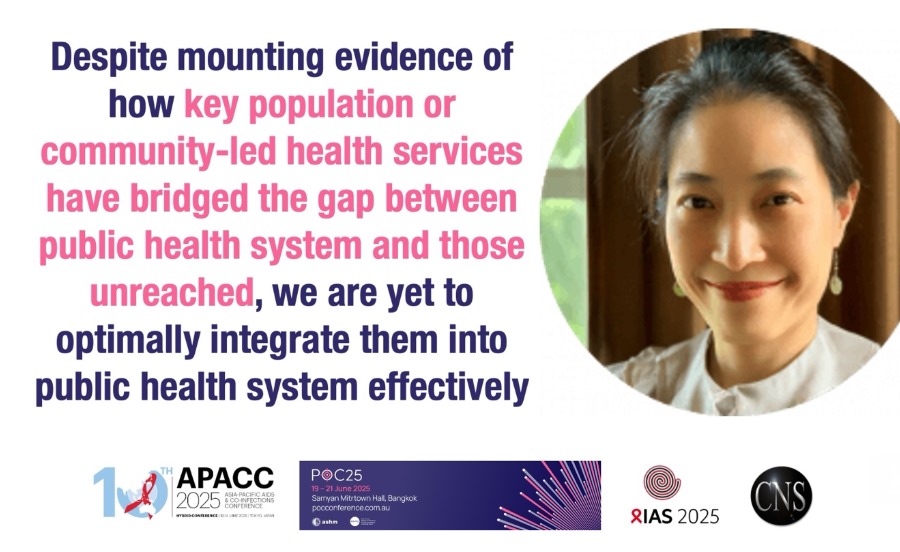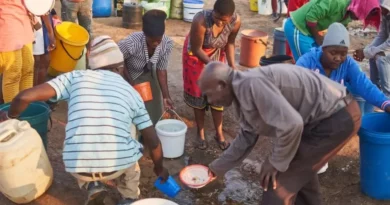HIV Expert Calls for Radical Integration of Public and Community Health
As the global health community accelerates efforts to achieve Universal Health Coverage (UHC), Dr. Nittaya Phanuphak, Executive Director of the Institute for HIV Research and Innovation (IHRI), is calling for deeper integration between public health systems and community-led health services.
She argues that without such collaboration, the dream of equitable healthcare for all will remain elusive.
Speaking ahead of the 2nd Asia Pacific Conference on Point-of-Care Diagnostics for Infectious Diseases, scheduled for 19–21 June 2025 in Thailand, Dr. Phanuphak highlighted how community-led initiatives have bridged longstanding gaps in health delivery—especially for marginalized populations.
“We cannot deliver on UHC unless we reach the unreached—those often left behind—through standard, rights-based, and people-centered healthcare,” she stated.
Thailand has become a standout example in the Asia Pacific region for its successful rollout of Pre-Exposure Prophylaxis (PrEP) for HIV prevention, largely driven by community-led clinics. Currently, 80% of PrEP users in Thailand receive the service from clinics led and staffed by key population groups—such as men who have sex with men, transgender individuals, and sex workers.
Despite regulatory hurdles—such as restrictions on stocking PrEP at non-government facilities and limitations on prescriptions by NGO doctors—community clinics continue to thrive through partnerships with public hospitals. PrEP prescriptions are now facilitated via TeleHealth by government doctors, allowing same-day access to the medication.
Dr. Phanuphak noted that global funding cuts, especially under former U.S. President Trump’s administration, have made community-led services more critical than ever. “With limited resources, we must prioritize those most likely to be left behind. Integration must also mean fair reimbursement to key population clinics and national recognition of lay providers,” she emphasized.
She further called for expansion of community-led services beyond HIV to include STI care, mental health, and harm reduction. “These models are game-changers, not just for Thailand but across the region,” she added, citing similar efforts in the Philippines, Viet Nam, Myanmar, and Laos.
A major frustration in the global HIV response, Dr. Phanuphak said, is the slow rollout of new preventive treatments. One such drug, lenacapavir—a twice-yearly injection—showed 100% effectiveness in preventing HIV among women in the PURPOSE-1 trial, and 96% effectiveness among other groups in PURPOSE-2. Yet, access remains limited.
“We’re developing these technologies in the Global South for international approvals, but our own people are still waiting. This is not fair,” she said.
She called for stronger regional cooperation to negotiate prices for essential diagnostics and medicines, especially those developed in the Global South, and for deploying these tools at point-of-care to serve the most in need.
With her sights set on the upcoming Point-of-Care Diagnostics conference, Dr. Phanuphak is championing not just scientific innovation, but structural reform.
“Integration should not be limited to diseases or testing platforms—it should be reimagined to include mental health, harm reduction, and even social justice services. True integration puts people, not just systems, at the center,” she concluded.



